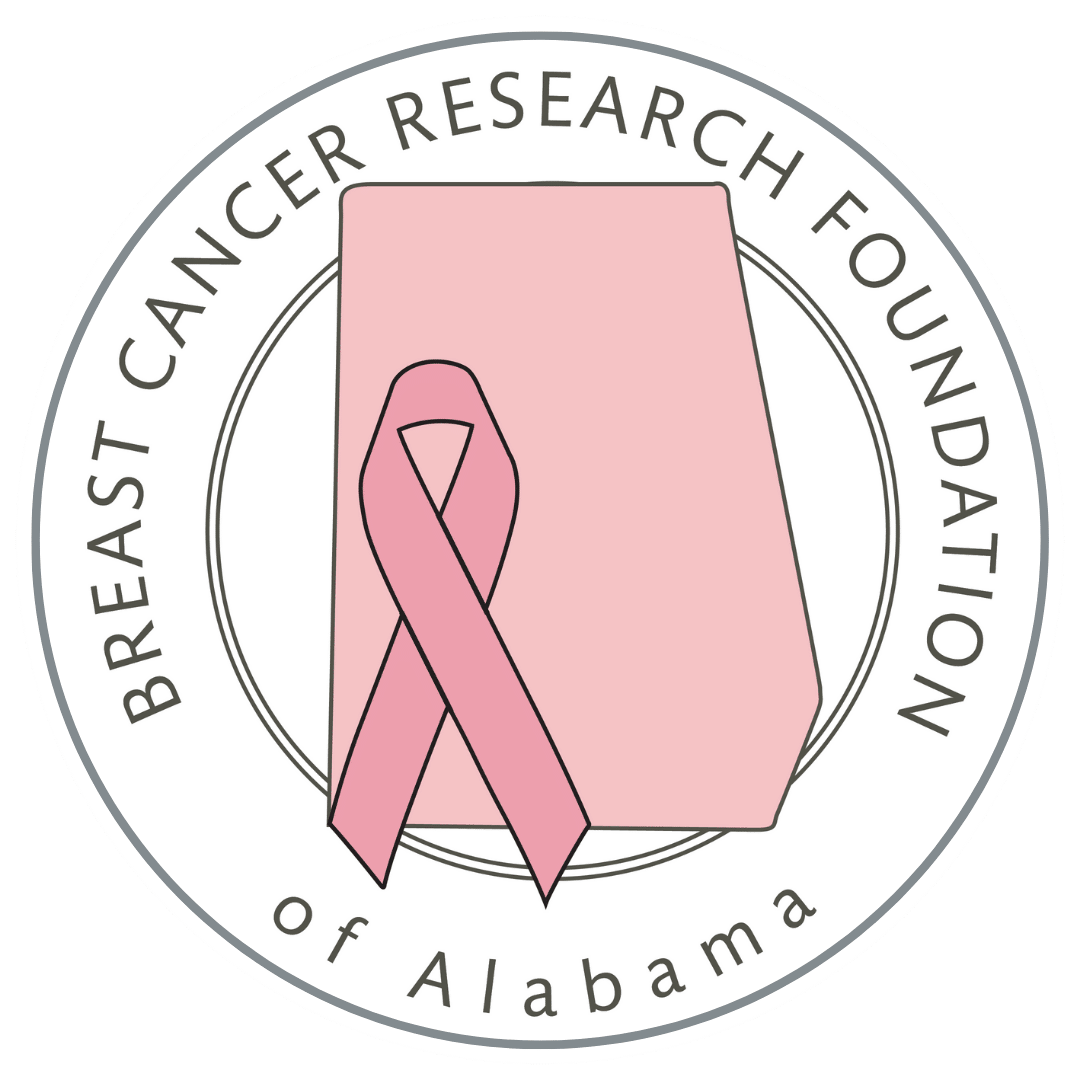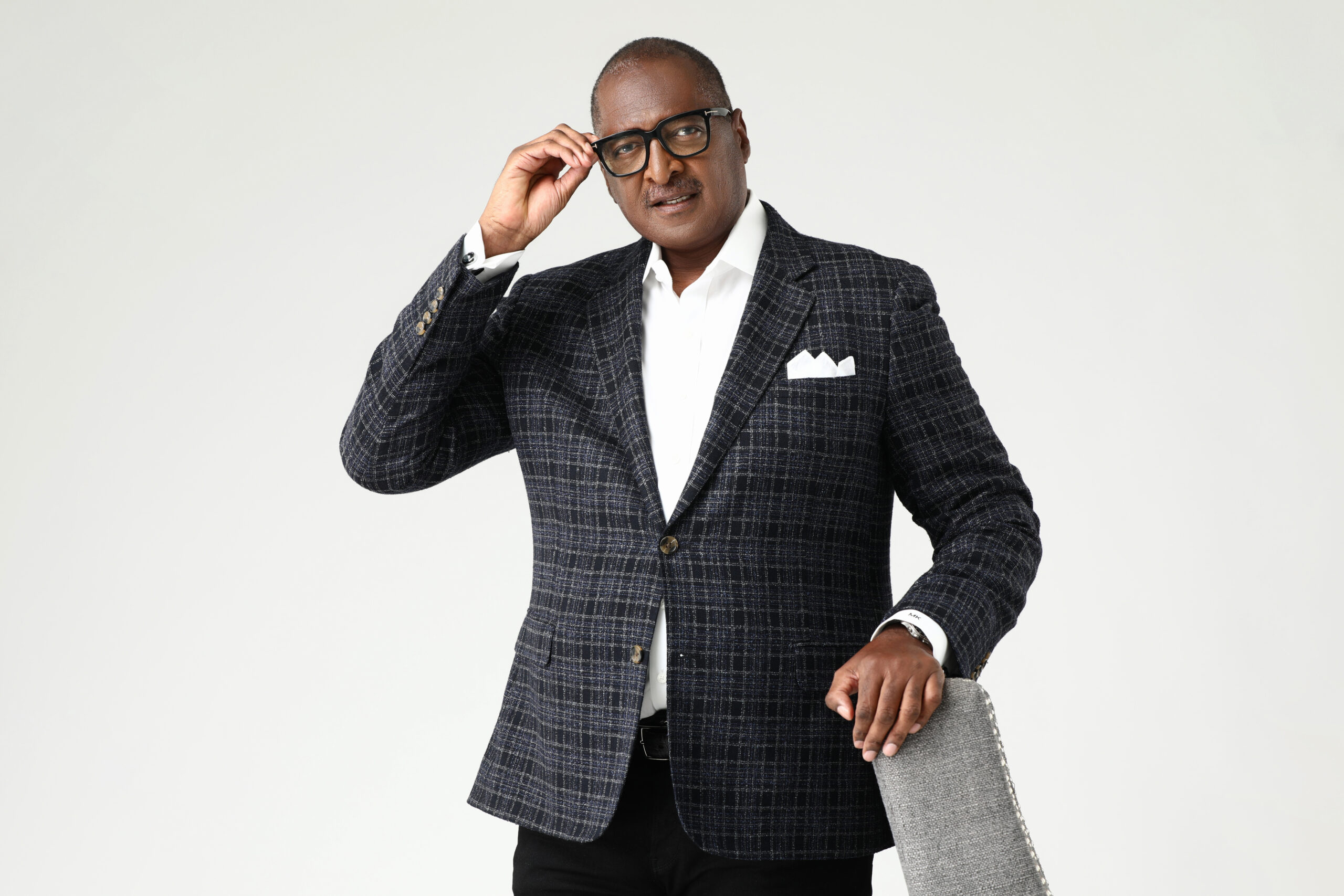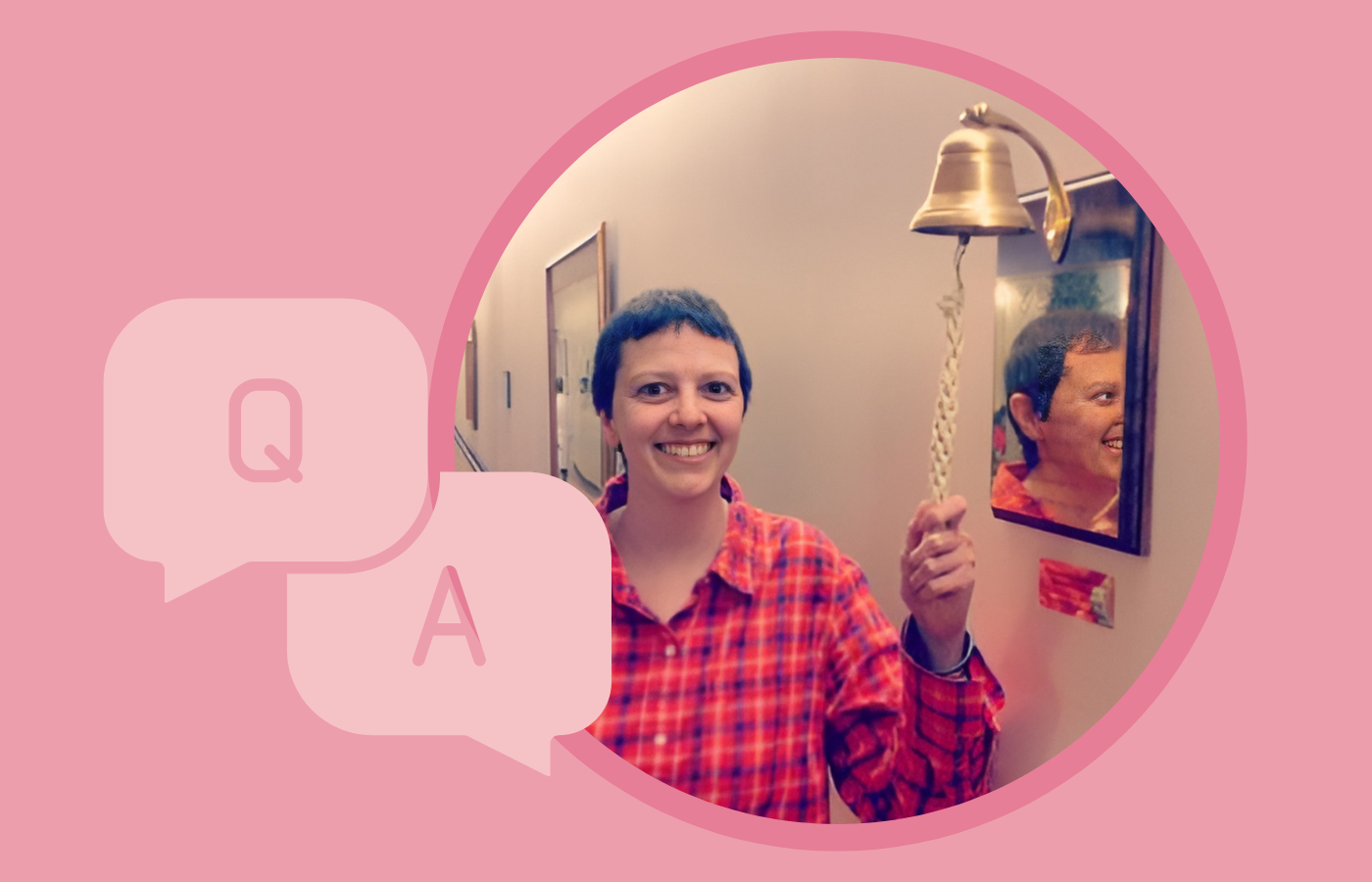Though not having breast cancer herself, Erica Mitchell comes from a family with a high history of breast cancer on her mother’s side, both male and female. After witnessing her mother’s triumph over breast cancer, Erica took proactive steps to undergo genetic testing and take charge of her health.
Read on as Erica shares her remarkable experience with genetic testing and her persistent determination to empower young people with the knowledge of their genetic status.
BCRFA: How did you learn about genetic testing for hereditary breast cancer? (Did your doctor tell you, or did a friend/family member inform you)?
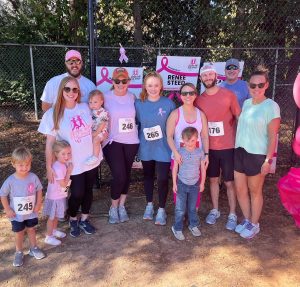
Erica Mitchell: I have an aunt who did genetic testing because her dad was the male who had a recurrence of breast cancer. She encouraged my mom to do the genetic testing and after that, my mom was positive for the CHEK2 gene mutation. My sister and I did not immediately get tested until my mom was diagnosed with breast cancer in 2019. My mom was being followed in the high-risk clinic after testing positive for the CHEK2 mutation, and they caught her cancer when it was very early. Her being in that clinic saved her life because she would have never detected it herself. The cancer was very early and very small. She had surgery but did not have to do chemo or radiation because they caught it so early. After her diagnosis, for Christmas, she jokingly asked my sister and me to get the genetic testing done for her present. My sister and I both did the genetic testing at the UAB Genetics Center in 2019.
BCRFA: What were your results?
Erica Mitchell: I was positive for the same mutation as my mom, the CHEK2 gene mutation; and my little sister was negative. It’s a 50/50 chance for any offspring of someone with a positive CHEK2 mutation, so now with my kids, it will be a 50/50 chance as well, male or female. I love talking to people about the CHEK2 gene mutation because our mutation is a much lesser known and discussed mutation compared to the BRCA mutations.
BCRFA: Did you have a follow-up meeting?
Erica Mitchell: Yes, I had a follow-up meeting with genetics immediately where they went over what that means for me and I get an annual report every year on what they have found in research, what percentages have changed, and additional updated information.
BCRFA: How did you feel after receiving your results? 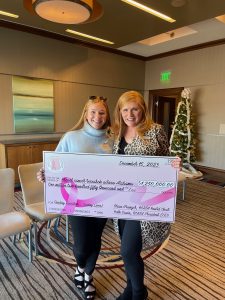
Erica Mitchell: Initially I was bummed, obviously, and a little bit afraid but because of the testing it got me plugged into the high-risk clinic and now I have this opportunity for more frequent testing which gave me more peace of mind. Because my sister does not have the mutation she is not being followed (with a team), she just has her normal OBGYN breast exams. I am getting imaging done every six months and I’ve had several biopsies done since then because they are catching stuff super early. So initially I didn’t want to have it (CHEK2) but also, I am the big sister, and I would rather it be me than her in this position. Knowing that you have a team and almost like there is a plan in motion before there’s really a reason to (be bummed) has been really comforting.
BCRFA: Before you initially went to the doctor had you done self-examinations?
Erica Mitchell: I had before every now and then but now I am doing them every month religiously.
BCRFA: How old were you when you received your results?
Erica Mitchell: I was 27 years old.
BCRFA: Why is it important for people to undergo genetic testing for breast cancer?
Erica Mitchell: It has provided so many resources and comfort to get plugged in and have people watching things proactively. If I had known what I know now, I would absolutely have been doing my self-examinations and taking the breast exams at the OBGYN a little more seriously earlier. The importance of it was never emphasized to me until I had a family member who was diagnosed. I feel that everybody should have a level of awareness and responsibility of checking and absolutely if there is a family history people should do genetic testing. In speaking with friends who have also gotten the genetic testing done, you do not have to have a known cancer history to get tested.
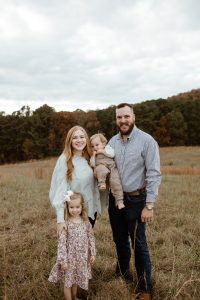
BCRFA: What advice would you give to younger women about early detection and advocating for themselves?
Erica Mitchell: Be proactive in doing your examinations. If you feel something, say something because it feels that more young people are getting diagnosed more regularly. Also, speak up if you feel something is off and advocate for further imaging and whatever else you feel that you need.
BCRFA: How do you feel with the support of your team? Do you feel empowered and ahead of the game?
Erica Mitchell: I definitely feel more empowered. I feel that there is a safety net behind me at all times especially, having that reassurance because there have been several times that stuff did pop up that led to biopsies which led to a little bit of fear, but at the end of the day knowing that they are catching things as early as possible because I am being watched is so comforting and makes the whole process worth it.
Thank you, Erica!
